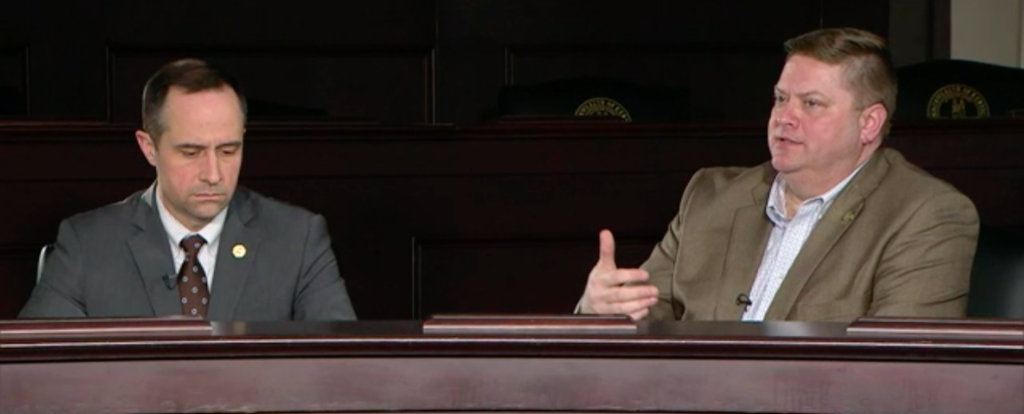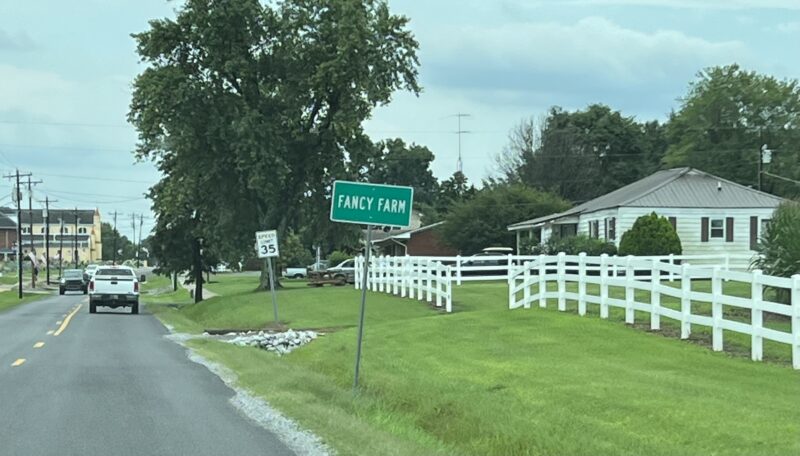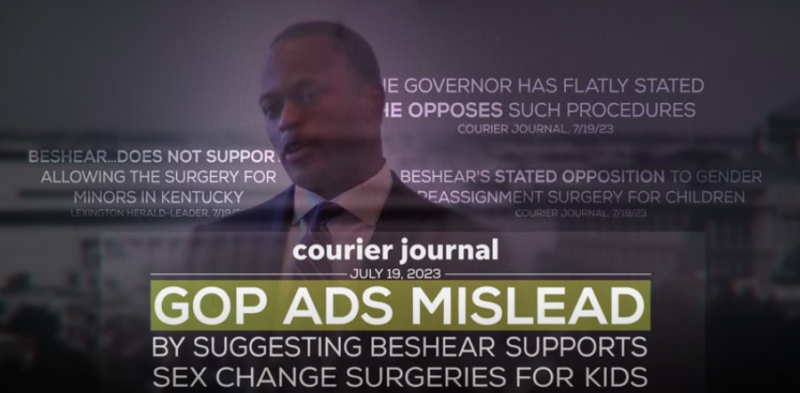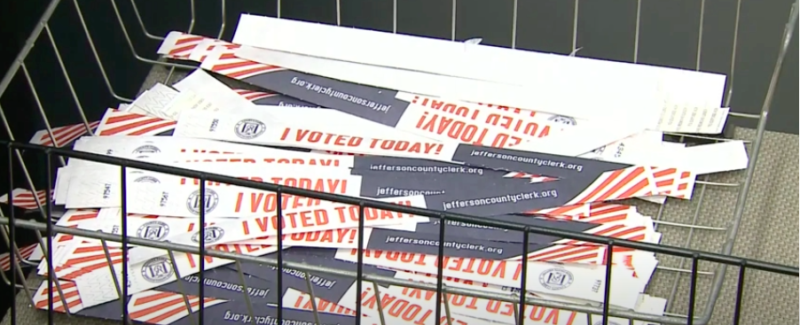The House and Senate have passed their versions of the two-year state spending plans, but the documents, as always, will need to be reconciled.
The exercise in reconciliation generally takes place in public meetings that end with decisions being made behind closed doors, where this year legislative leaders in the House and Senate will weigh the options and agree on what is in and what is out in a specially called conference committee.
The members of the conference committee are on a clock to reach an agreement that can pass both chambers of the General Assembly before the end of the month when Gov. Andy Beshear, D-Kentucky, begins his veto review of legislation. Bypassing a bill before the veto recess, Republican lawmakers with supermajorities retain the ability to override philosophical and political spending differences.
Some of the major places that lawmakers will have to iron out are how much they plan on spending, the state House of Representatives spent more in their version of the budget than the Senate version of the bill planned to spend. The House version of the budget also spent on funding for statewide full-day Kindergarten, something Senate members left out of their budget.
Moving in parallel to the budget bills is tax reforms, lawmakers are leaving billions on the table to compensate for a gradual decrease to the state income tax – something they hope over time can be eliminated. Democrats balk at the idea and are advocating for sunsetting sales taxes temporarily, but do not have enough votes to move their position forward.
The Senate version of the budget includes 10 percent raises for state workers, more than the House had set aside in their main budget bill.
The House and the Senate have not been comparing notes over the past several months that state Senate has been in possession of the House budget bill, according to Senate Budget Chair Chris McDaniel, R-Taylor Mill.
“There’s not been a lot of inner-chamber reconciliation,” McDaniel said on KET’s Kentucky Tonight.
House Budget Chair Rep. Jason Petrie, R-Elkton, said the House and Senate have a tentative schedule for “public conferences.”




 Login
Login  Must include at least 8 charaters
Must include at least 8 charaters



